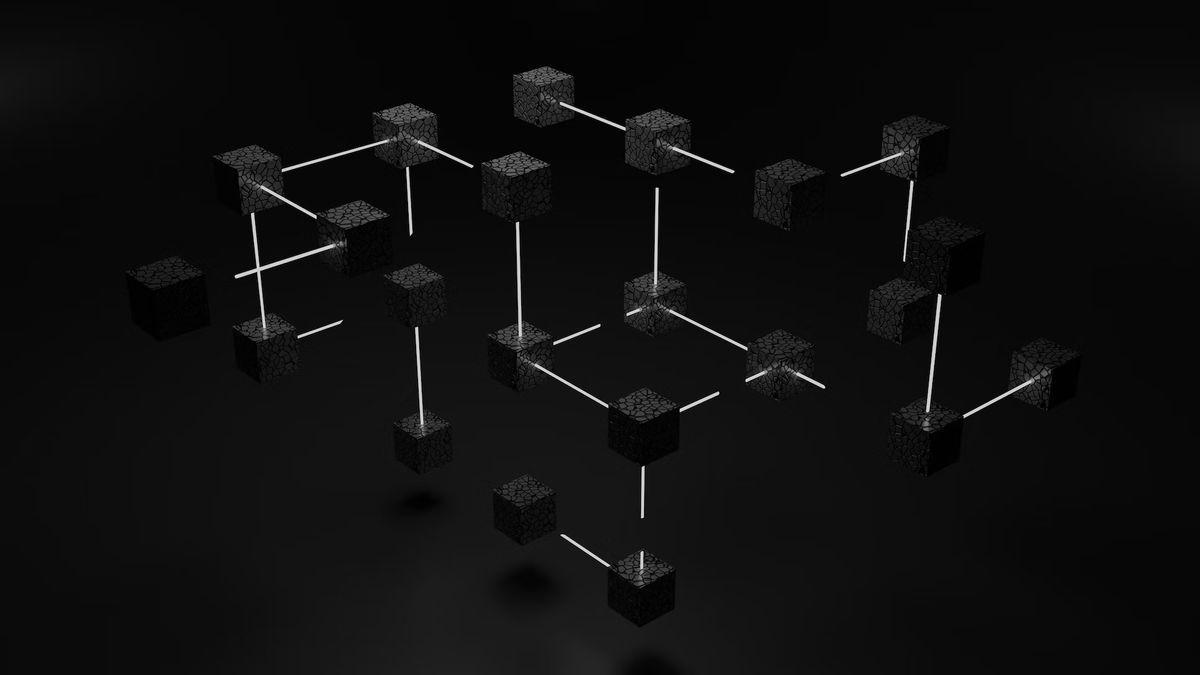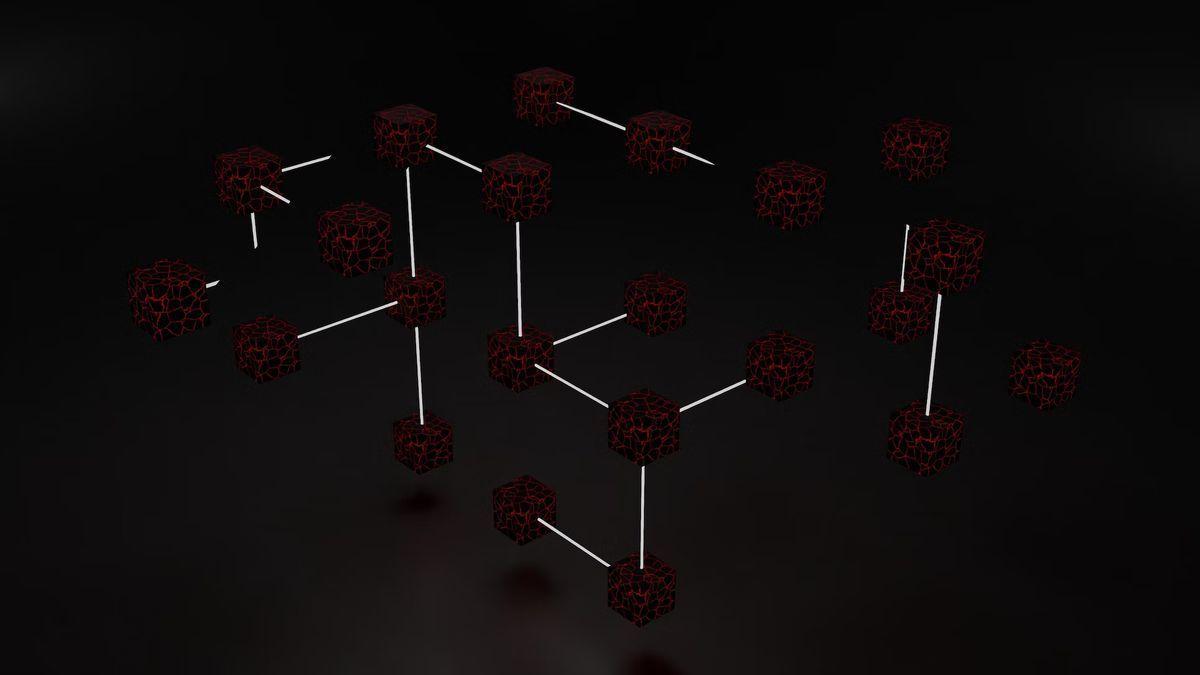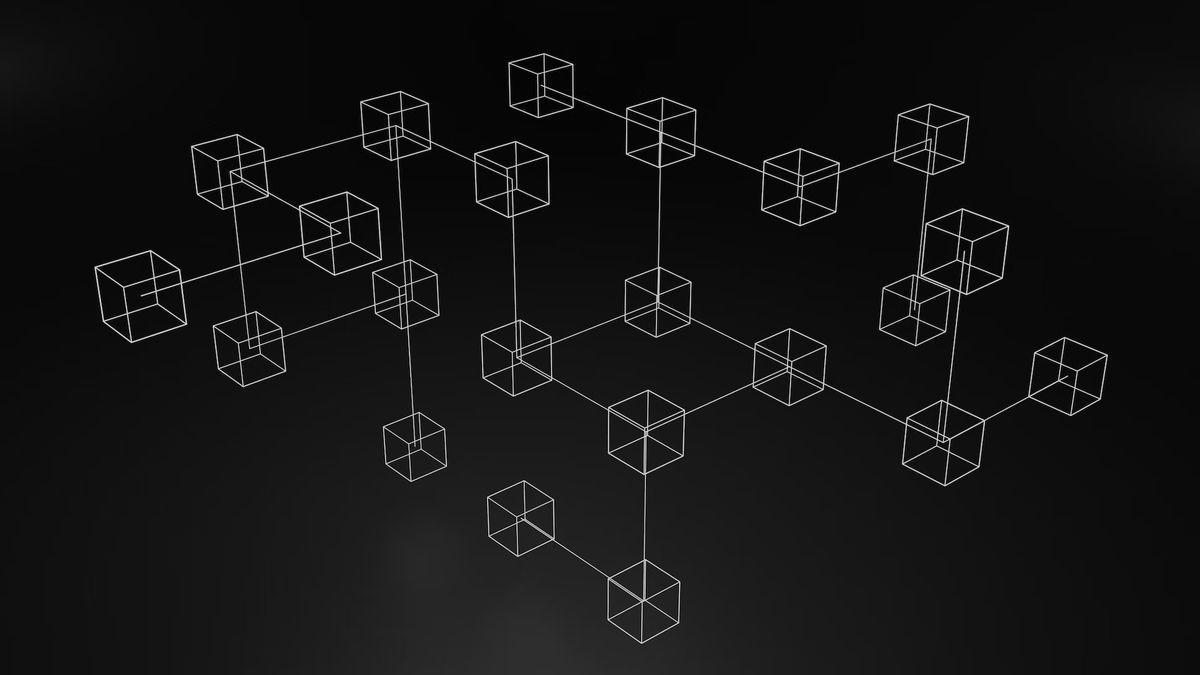The demand for blockchain developer skills is rapidly increasing as more and more companies adopt blockchain technology. The blockchain technology has disrupted the traditional methods of data management and storage, creating a new paradigm for secure and transparent transactions. With the rise of fintech and the increasing importance of data security, the demand for blockchain developers has never been higher.
Blockchain developers are responsible for building and maintaining blockchain applications, developing smart contracts, and ensuring the security and integrity of blockchain networks. As blockchain technology continues to expand into new industries, including finance, healthcare, and logistics, the need for blockchain experts is only set to increase.
In this article, we will explore the essential blockchain developer skills that are critical for success in the industry. We will discuss the technical skills required to develop and maintain blockchain applications, as well as the soft skills necessary for effective project management and delivery.
We will also examine some of the emerging trends in blockchain development and the importance of continuous learning to stay up-to-date with the latest developments. By the end of this article, you will have a better understanding of why blockchain developer skills are critical in the era of data and fintech and how mastering these skills can help you become a valuable asset to your team and contribute to the growth and success of the blockchain industry.
Definition of blockchain technology
Blockchain technology is a digital ledger system that records transactions across a decentralized network of computers. Each block in the chain contains a cryptographic hash of the previous block, timestamp, and transaction data. Once a block is added to the chain, it cannot be altered or deleted, making it highly secure and tamper-proof.
Importance of blockchain developers in the industry
Blockchain developers play a critical role in the blockchain industry. They are responsible for designing, developing, and maintaining blockchain systems and applications. Without them, the blockchain ecosystem would not be able to function effectively.
Moreover, as the demand for blockchain technology continues to grow, the demand for skilled blockchain developers is also increasing. According to LinkedIn’s Emerging Jobs Report, blockchain developer jobs are among the top emerging jobs in the technology industry.

A brief overview of blockchain developer skills
To become a successful blockchain developer, one must possess a range of technical and soft skills. Here is a brief overview of the essential blockchain developer skills:
Technical blockchain developer skills
Blockchain development requires knowledge of several programming languages that are specific to blockchain technology. Some of the popular programming languages used in blockchain development include:
- Solidity: Solidity is a high-level programming language used to write smart contracts on the Ethereum blockchain. It is similar to JavaScript in syntax and is designed to run on the Ethereum Virtual Machine (EVM).
- Go: Go is a programming language developed by Google that is used in blockchain development. It is known for its efficiency, speed, and ease of use.
- JavaScript: JavaScript is a popular programming language used in web development and is also used in blockchain development. It is commonly used to build decentralized applications (dApps) that run on the blockchain.
Understanding of blockchain architecture and protocols
A blockchain developer must have a strong understanding of blockchain architecture and protocols. This includes knowledge of distributed ledger technology, consensus algorithms, and peer-to-peer networking protocols. Some of the popular blockchain frameworks and protocols that a blockchain developer should be familiar with include:
- Ethereum: Ethereum is a decentralized blockchain platform that enables developers to build decentralized applications (dApps) and deploy smart contracts on its network.
- Hyperledger Fabric: Hyperledger Fabric is an open-source blockchain framework designed for enterprise use cases. It allows developers to build modular and scalable blockchain applications.
- Bitcoin: Bitcoin is the first and most well-known blockchain protocol. It uses a proof-of-work consensus algorithm and is primarily used for financial transactions.
Sharing the benefits with consortium blockchains
Experience with smart contract development
Smart contracts are self-executing programs that run on the blockchain. They automate the execution of contractual agreements and are a key feature of blockchain technology. A blockchain developer should have experience in developing smart contracts using programming languages like Solidity, which is used on the Ethereum network, and GoLang, which is used on the Hyperledger Fabric network.
Proficiency in cryptography and cybersecurity
Cryptography and cybersecurity are essential skills for a blockchain developer. Blockchain technology relies heavily on cryptographic techniques to ensure data integrity and privacy. A blockchain developer should have a deep understanding of cryptographic algorithms, hash functions, digital signatures, and public-key encryption. They should also be familiar with security best practices to ensure that blockchain applications are secure and protected against hacking attempts and cyber threats.
Technical skills are critical for a blockchain developer to succeed in the industry. A blockchain developer should have a strong understanding of blockchain architecture and protocols, experience with smart contract development, proficiency in programming languages used in blockchain development, and a deep understanding of cryptography and cybersecurity. By mastering these technical skills, a blockchain developer can build robust and secure blockchain applications and solutions.

Soft blockchain developer skills
Blockchain technology is rapidly transforming various industries, and with that, the demand for blockchain developers is on the rise. However, being a successful blockchain developer requires more than just technical skills. Soft skills such as collaboration, problem-solving, and communication are equally important.
Collaboration and teamwork
Blockchain development is a team effort that involves designers, developers, project managers, and other stakeholders. A blockchain developer should be able to collaborate effectively with other team members and work towards a common goal. They should be able to communicate their ideas clearly and listen to feedback from other team members.
Strong problem-solving skills
Blockchain development involves complex problem-solving. A blockchain developer should be able to identify problems and debug errors efficiently. They should be able to approach problems in a systematic manner and use their technical expertise to find solutions.
Flexibility and adaptability
Blockchain technology is constantly evolving, and a blockchain developer should be flexible and adaptable to change. They should be open to learning new technologies and be willing to adapt their skills to new challenges.
Good communication skills
Effective communication is critical in blockchain development. Blockchain developer should be able to communicate their ideas clearly and concisely to other team members, stakeholders, and clients. They should be able to explain technical concepts in non-technical terms and listen to feedback from others.
Ability to work under pressure and meet deadlines
Blockchain development can be demanding, with tight deadlines and high-pressure situations. A blockchain developer should be able to work under pressure and meet deadlines without compromising on the quality of their work. They should be able to prioritize tasks effectively and manage their time efficiently.
These soft skills are just as essential as technical skills in blockchain development. A blockchain developer should possess collaboration and teamwork skills, strong problem-solving skills, flexibility and adaptability, good communication skills, and the ability to work under pressure and meet deadlines. By mastering these soft skills, a blockchain developer can become a valuable asset to their team and contribute to the success of blockchain projects.
The average salary of blockchain developers
According to Payscale, the average salary for a blockchain developer in the United States is around $98,000 per year. However, the salary can range from $57,000 to over $200,000 depending on factors such as location, experience, and skills.
In addition, Glassdoor reports that the average salary for a blockchain developer in the United States is $107,000 per year, with salaries ranging from $76,000 to $156,000.
Factors that influence blockchain developer salary
- Location: The location of the company and the developer can have a significant impact on their salary. For example, blockchain developers in San Francisco and New York City generally earn higher salaries than those in other parts of the country due to the high cost of living in these areas.
- Skills: The skills and expertise a blockchain developer possesses can also impact their salary. Developers with specialized skills such as experience in developing decentralized applications or proficiency in a particular programming language like Solidity can command higher salaries.
- Industry: The industry a blockchain developer works in can also affect their salary. For example, blockchain developers working in finance or healthcare may earn higher salaries due to the complexity of the applications and the importance of data security.
- Company size: The size of the company a blockchain developer works for can also impact their salary. Larger companies with more resources and larger budgets may offer higher salaries than smaller companies.
What is the best blockchain for smart contracts and why?
Emerging trends in blockchain development
Blockchain technology is rapidly evolving, and new trends and innovations are emerging in the industry. As a blockchain developer, it’s essential to stay up-to-date with the latest trends and technologies.
Use of artificial intelligence and machine learning in blockchain development
Artificial intelligence and machine learning are increasingly being integrated into blockchain development. AI and ML can be used to analyze large datasets and extract insights from them, making it easier to identify patterns and trends in blockchain transactions. This can help improve the performance and scalability of blockchain systems.
Moreover, AI and ML can be used to develop predictive models that can help forecast future trends and behavior on the blockchain. This can help businesses make more informed decisions and reduce risks.
Integration of blockchain technology with IoT devices
The Internet of Things (IoT) refers to a network of interconnected devices that can exchange data and communicate with each other. Blockchain technology can be integrated with IoT devices to create a more secure and transparent network. This can enable secure data exchange and automated transactions between devices without the need for intermediaries.
Moreover, blockchain technology can help ensure the integrity and authenticity of IoT data. It can also help track and monitor the entire supply chain process, from production to delivery, improving transparency and efficiency.

Importance of DeFi in the blockchain industry
Decentralized finance (DeFi) is a new trend in the blockchain industry that aims to provide financial services without the need for intermediaries such as banks or financial institutions. DeFi applications run on decentralized blockchain networks, enabling users to lend, borrow, and trade digital assets without the need for a central authority.
As a blockchain developer, it’s essential to be familiar with DeFi protocols and frameworks such as Uniswap, Aave, and Compound. The DeFi market is growing rapidly, and there is a high demand for developers who can build decentralized financial applications.
In conclusion, blockchain technology is constantly evolving, and new trends and innovations are emerging in the industry. As a blockchain developer, it’s important to stay up-to-date with the latest technologies and trends, such as the use of AI and ML in blockchain development, integration of blockchain technology with IoT devices, and the importance of DeFi in the blockchain industry. By staying informed and adapting to new trends, a blockchain developer can remain competitive and build innovative blockchain solutions.
Education and training
Blockchain technology is still in its nascent stage, and as the industry continues to evolve, so do the skills required to become a successful blockchain developer.
Certifications and courses for blockchain developers
There are several certifications and courses available for blockchain developers that can help them acquire the necessary skills and knowledge to succeed in the industry. Some of the popular blockchain certifications and courses include:
- Certified Blockchain Developer (CBD): Offered by the Blockchain Training Alliance, the CBD certification is designed for developers who want to specialize in blockchain technology. The certification covers topics such as blockchain architecture, smart contract development, and cryptography.
- Blockchain Developer Bootcamp: Offered by Udacity, the Blockchain Developer Bootcamp is a comprehensive program that covers everything from the basics of blockchain technology to smart contract development and building decentralized applications.
- IBM Blockchain Developer Certification: Offered by IBM, this certification is designed for developers who want to build and deploy blockchain solutions using the Hyperledger Fabric framework.

Staying up-to-date with the latest developments in blockchain technology
Blockchain technology is still in its infancy, and new developments and innovations are emerging in the industry every day. As a blockchain developer, it’s important to stay up-to-date with the latest trends and technologies. This can be done through continuous learning and staying informed of industry developments.
One way to stay informed is by attending blockchain conferences and events. These events provide an opportunity to network with other blockchain professionals, learn about the latest trends and developments, and gain insights into emerging technologies.
Another way to stay up-to-date is by joining blockchain communities and forums. These online communities provide a platform for blockchain professionals to share knowledge and discuss industry developments.
Decoding the potential of enterprise blockchain
Conclusion
Mastering the essential blockchain developer skills, including both technical and soft skills, is critical for success in the industry. Technical skills such as proficiency in programming languages, understanding of blockchain architecture and protocols, experience with smart contract development, and proficiency in cryptography and cybersecurity are fundamental for building robust and secure blockchain applications.
Soft skills such as collaboration and teamwork, problem-solving, flexibility and adaptability, good communication skills, and the ability to work under pressure and meet deadlines are equally important for effective project management and delivery.
Moreover, as the blockchain industry continues to evolve, staying up-to-date with the latest trends and technologies is essential. Blockchain developers can achieve this through continuous learning, attending blockchain events and conferences, and joining online blockchain communities and forums.
The demand for blockchain technology is increasing, and with it, the demand for skilled blockchain developers. As the industry continues to grow, mastering these essential skills will help blockchain developers stand out in the job market and advance their careers in this exciting and rapidly evolving field.






